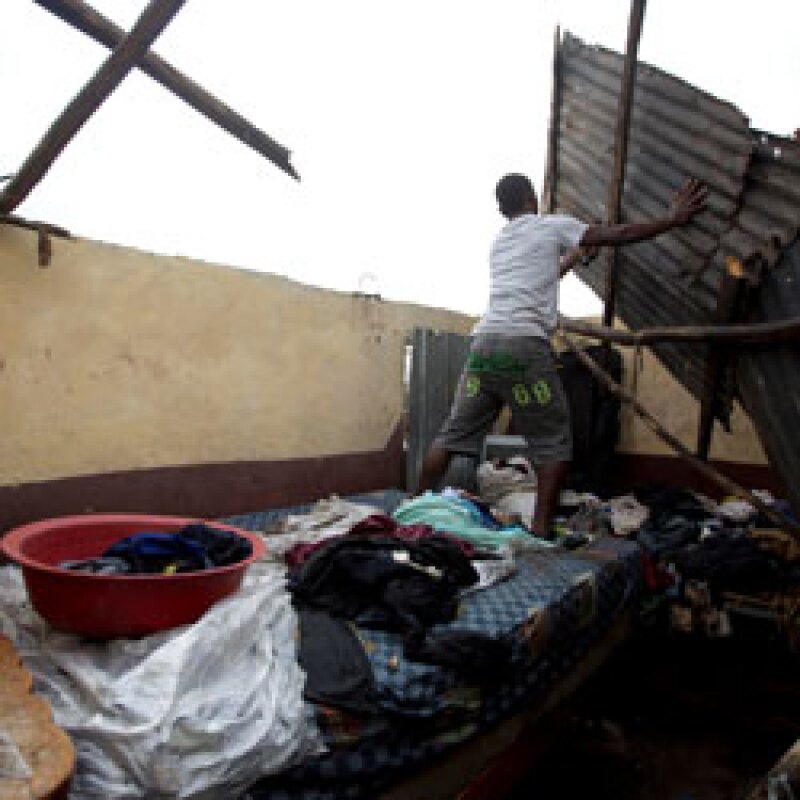
Some Caribbean countries fear they could soon be left without correspondent banking relations, with potentially disastrous economic effects.
Despite all 27 Caribbean nations complying with CFATF (Caribbean Financial Action Task Force), international banks are withdrawing their correspondent banking relationships across the region. This is largely due to banks having to comply with more rigorous anti-money laundering (AML) and counter financing terrorism (CFT) regulation.
As the Caribbean deals with the aftermath of Hurricane Matthew, which has killed at least 35 people and destroyed swathes of infrastructure, Haiti’s central bank governor said he “did not want to imagine” what would be of his country without correspondent banks.
“In economic terms, Matthew will be worse than the 2010 earthquake (in which at least 100,000 people died),” Jean Baden Dubois, governor of Banque de la Republique d’Haiti, told Emerging Markets. “The destruction of infrastructure and agriculture is terrible, and in the few days there will be shortages of agricultural products.
“Fortunately we still have the correspondent banks. If we did not we would be in deep, deep trouble.”
Although the Caribbean is working hard to find solutions, and is working closely with the US Treasury, there is “a real risk” that the remaining correspondent banks will leave, said the governor.
“We are a small country,” he said. “The size of business for these banks is too small versus the risk of a million dollar fine should even $100 of the money they are transmitting be found to be related to terrorism or money-laundering.”
Remittances from Haitians living abroad account for around 20% of the country’s GDP, but three of the six institutions with correspondent banking relationships in Haiti have withdrawn from the country. Of the remaining three, one has no letters of credit or cheque clearing business, effectively leaving two banks, said the governor.
The situation could have grave consequences for the country’s trade balance: it imports around $4bn of goods per year but exports just $1bn.
“We have a $3bn gap to fill, and it is partially filled by $2.2bn of remittances from abroad,” said the governor. “If we cannot receive remittances the macroeconomic impact would be huge.”
Remittances are playing an increasingly important role in Haiti, as foreign aid has dropped from $1.5bn in 2010 to just $500m.
“People in Haiti are not receiving money for luxuries; it is for real needs. So they will continue to send money — only outside the banking system.”
This could be an “unintended consequence” of AML/CFT regulation, said Therese Turner-Jones, general manager of the Caribbean Country Department at the IADB.
The withdrawal of correspondent banking relationships could gravely set back progress in financial inclusion.
“We cannot lose sight of what is at stake here,” said Turner-Jones. “We are concerned about disintermediation, lack of economic growth because of constraints in the financial sector, and savings not being intermediated properly to investment.”
